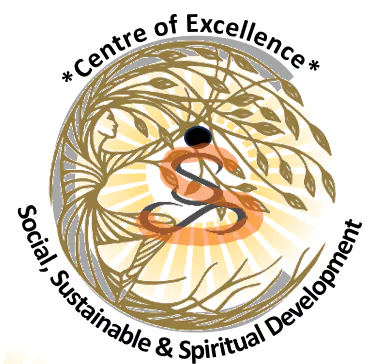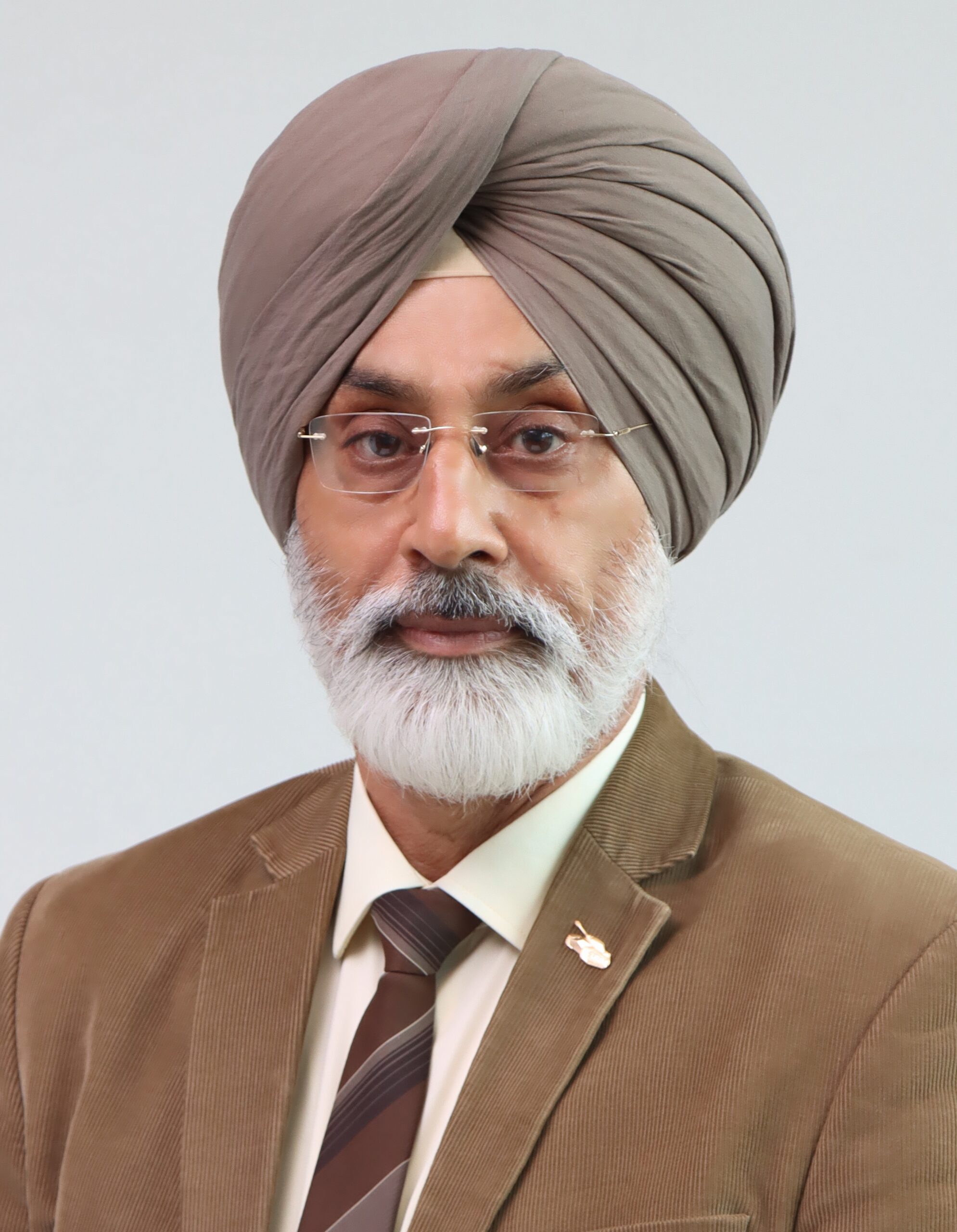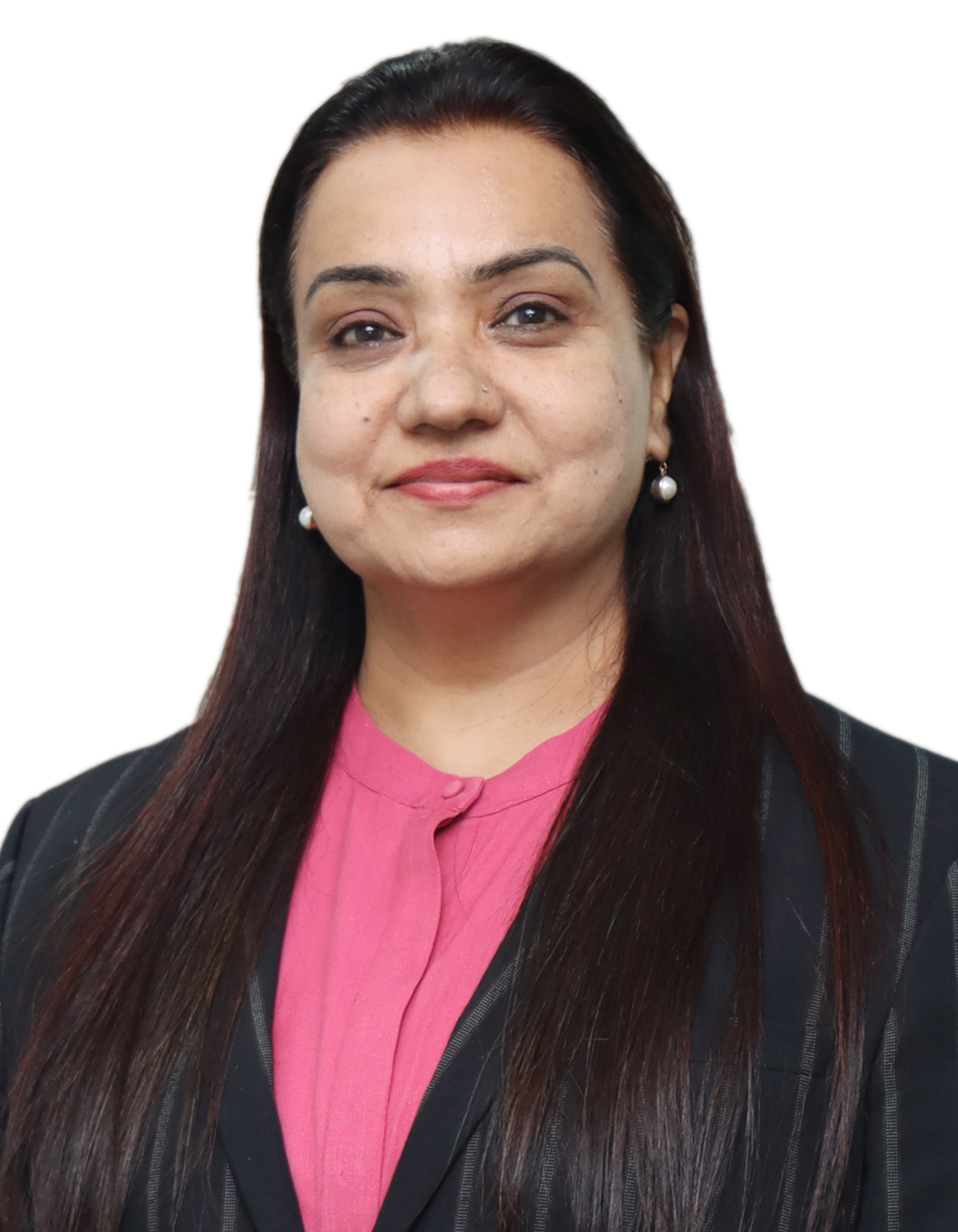Centre of Excellence For Social, Sustainable and Spiritual Development
Introduction
The ‘Centre of Excellence for Social Sustainable and Spiritual Development’ (CSSS) is an organic and integral part of Universal Ai University (UAi). The vision and mission of the University is:

Vision:
‘To create impactful knowledge and develop innovative, ethical, responsible, and global leaders who will transform organisations and society at large’.
Mission:
Teaching- We offer an innovative curriculum and dynamic learning environment, enabling our learners to become responsible leaders with universal skill sets, to solve complex global challenges.
Research & Development – We develop impactful research through global collaborations, using cutting-edge technology and infrastructure to fuel innovation.
Service– We contribute towards a sustainable future by promoting environmental nurturing, prosperity, and positive social impact.
The purpose of CSSS
- To be a hub for interdisciplinary research, education, and action that advances integrated solutions for a just, sustainable, and spiritually-fulfilling future.
- To foster collaborative partnerships and empower communities in co-creating equitable, regenerative, and purpose-driven pathways of development.
- To catalyse systemic transformation by illuminating the interconnections between social, environmental, and spiritual dimensions of human and planetary flourishing.
- To inspire and empower present and future generations to lead with wisdom, compassion, and a reverence for the sacredness of life.
We draw up our vision and mission from our purpose and the University’s vison and mission.
Vision of CSSS: ‘To pioneer a harmonious integration of social progress, environmental stewardship, and spiritual wisdom, fostering holistic solutions for global challenges and driving positive social impact.’
Mission of CSSS: ‘To drive excellence in education, impactful research, and strong community engagement, resulting in a positive societal impact on our ecosystem that will help transform organizations and society at large.’
Team

Brig GPS Cheema
Chairperson

Dr. Shilpa Joshi
Dean Academics

Dr. Asha Bhatia
Dean Research

Ms Saradashree Pal
ESG Officer
- Social Development:
- Promoting social equity, justice, and inclusive communities.
- Empowering marginalized groups and addressing social issues.
- Fostering social cohesion, harmony, and cultural understanding.
- Sustainable Development:
- Advocating for sustainable practices in various sectors (e.g., environment, economy, education).
- Raising awareness about environmental conservation and responsible resource management.
- Promoting sustainable livelihoods and green initiatives.
- Spiritual Development:
- Nurturing spiritual awareness, values, and ethical principles.
- Encouraging personal growth, inner peace, and mindfulness practices.
- Promoting interfaith dialogue and understanding diverse spiritual traditions.
- Social Development:
- Poverty alleviation and community empowerment programs
- Education and skill development initiatives
- Gender equality and women's empowerment
- Youth development and leadership programs
- Healthcare and access to basic services
- Sustainable Development:
- Environmental conservation and ecosystem management
- Renewable energy and clean technology promotion
- Sustainable agriculture and food security
- Water resource management and sanitation
- Sustainable urban planning and development
- Spiritual Development:
- Interfaith dialogue and promoting religious harmony
- Ethical and value-based education
- Mindfulness and meditation practices
- Spiritual counselling and personal growth programs
- Preserving and promoting indigenous spiritual traditions
- Cross-cutting Areas:
- Research and policy advocacy on social, environmental and spiritual issues
- Capacity building and training programs
- Social entrepreneurship and sustainable livelihoods
- Community engagement and participatory approaches
- Promoting traditional knowledge systems
- Social Development Research:
- Poverty, inequality and social mobility studies
- Gender and women's empowerment research
- Youth development and education research
- Community development and participatory approaches
- Public health and access to services research
- Sustainable Development Research:
- Climate change mitigation and adaptation strategies
- Renewable energy and clean technology innovations
- Sustainable agriculture and food security solutions
- Ecosystem conservation and biodiversity studies
- Sustainable urban planning and green infrastructure
- Spiritual Development Research:
- Comparative studies of spiritual/religious traditions
- Science of meditation, mindfulness and well-being
- Exploration of indigenous spiritual knowledge systems
- Spiritual counseling and personal growth methodologies
- Role of spirituality in holistic human development
- Interdisciplinary and Cross-Cutting Research:
- Models integrating social, environmental and spiritual pillars
- Spirituality and sustainability interconnections
- Traditional ecological knowledge and practices
- Social entrepreneurship for sustainable development
- Impact evaluation of development programs/policies
- Social Development Outcomes:
- Empowered and resilient communities with improved livelihoods
- Enhanced access to quality education, healthcare, and basic services
- Greater gender equality and inclusion of marginalized groups
- Stronger social cohesion, harmony, and cultural understanding
- Capacity building and leadership development, especially among youth
- Sustainable Development Outcomes:
- Adoption of environmentally sustainable practices and green technologies
- Improved natural resource management and biodiversity conservation
- Increased use of renewable energy and reduced carbon footprints
- Sustainable agricultural systems and better food security
- Sustainable urban planning and development models
- Spiritual Development Outcomes:
- Increased spiritual awareness, ethical values, and mindfulness practices
- Promotion of interfaith dialogue and religious harmony
- Preservation and integration of indigenous spiritual traditions
- Personal growth, inner peace, and overall well-being of individuals
- Spiritually grounded approaches to social and environmental issues
- Holistic Outcomes:
- Integrated models blending social, environmental, and spiritual aspects.
- Capacity building of organizations and communities.
- Replication and scaling up of successful sustainable solutions.
- Influencing global discourse on sustainable and spiritual development.
Conclusion:
The establishment of a Centre of Excellence for Social, Sustainable and Spiritual Development at Universal AI University represents a pioneering step towards holistic education and research. By integrating these crucial dimensions, the Centre will foster innovative solutions to complex global challenges. It will equip students and researchers with the tools to navigate the ethical implications while promoting sustainable practices and spiritual growth. This multidisciplinary approach will not only enhance the university’s academic offerings but also contribute significantly to societal progress. Ultimately, the Centre will serve as a beacon for transformative education, inspiring a new generation of leaders committed to creating a more balanced, equitable, and harmonious world.




